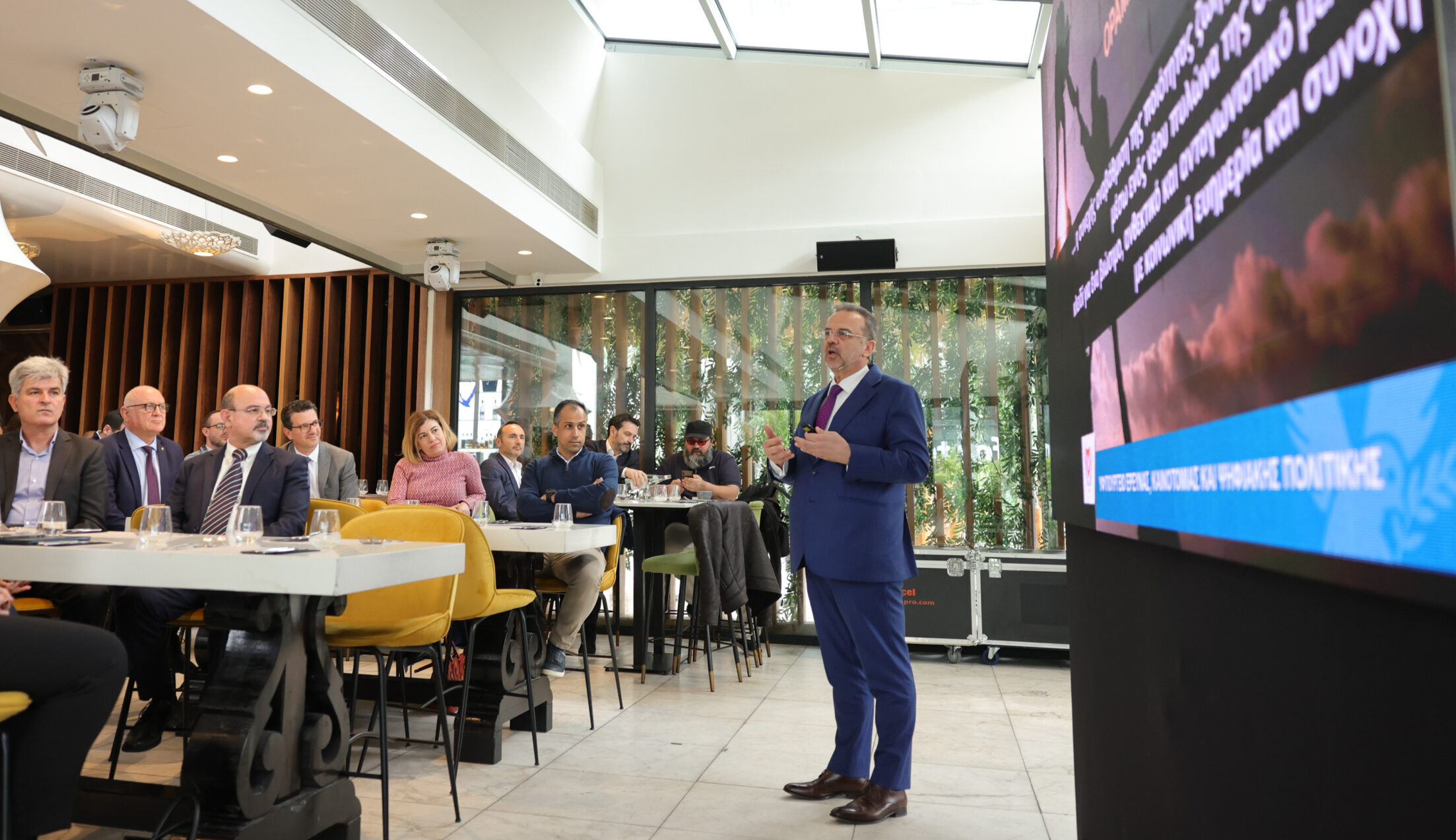The digital transformation journey has begun, but Cyprus needs more skilled tech professionals to see it through, Deputy Minister of Innovation and Digital Policy Kyriacos Kokkinos said.
“The greatest weakness of Cyprus is in human capital; that is to say, we do not have enough specialised professionals in the field.
“This challenge must be seen positively as a career opportunity for our young people who want to enter this field”.
On the lack of human capital in technology, he said that based on European indicators, the country is below the European average “by a lot”.
“While 3.9% of European university graduates are active in the sciences field, in Cyprus, the percentage is 2.7%.”
Kokkinos was reviewing the work of his ministry as the government’s term was ending.
He referred to the launch of the government portal www.gov.cy as a single point of contact for Cypriots with the public sector and implementing a fully digital management system during the pandemic.
“We are building the Gigabit society…we have supported the expansion and development of the Research and Innovation ecosystem.
“We put the citizen at the heart of the matter since we collaborate in designing the websites with citizens who are potential users of the services that will be digitised.”
He also said that on the European Innovation Scoreboard, “miracles have been achieved” since Cyprus is in the top 10 as the only country from Southern Europe and the first in terms of progress, which is a “tremendous achievement”.
“The journey of digital transformation has begun. This journey has no end but intermediate goals, and we are moving forward.”
He said the National Research and Innovation System consists of more than 400 start-ups and innovative companies, with more than 2,000 researchers, eight research institutes, 10 universities and seven centres of excellence.
“Of the 35 centres of excellence in Europe, seven are from Cyprus.”
The National Programme Framework amounts to €150 mln for 2021-2027.
Innovation accounts for €34 mln, internationalisation €35 mln, research €30 mln, structure and capacity building €17 mln, and cooperation & knowledge transfer €34 mln.
In the last three years, €30 mln was given to start-ups and scale-ups through the financing programmes of the Research and Innovation Foundation, resulting in €15 million that came from leveraging private capital, more than 240 new job positions, and 104 companies that received funding.
This year’s budget of the Deputy Ministry of Research amounts to approximately €120 mln, while next year, it will be around €157 mln.









